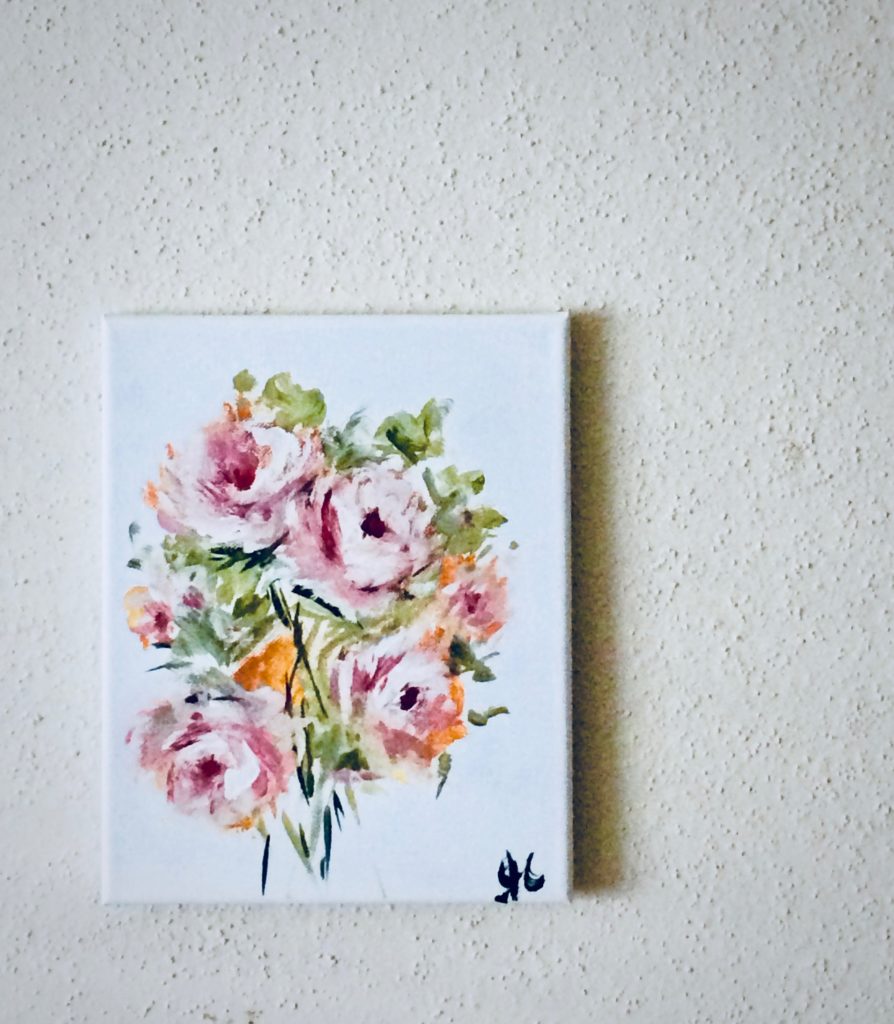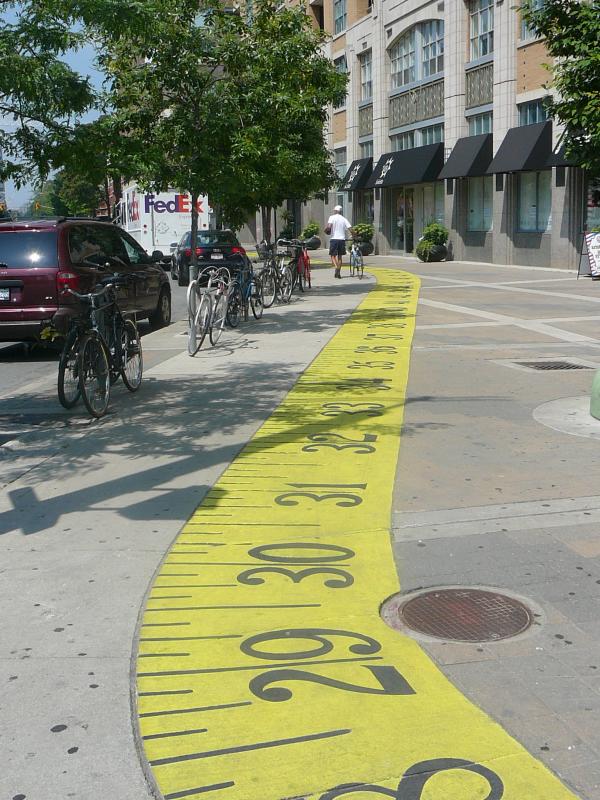Last week I had my semiannual dentist appointment. Right after I stepped out the door, I received an email: Dental Office – Patient Satisfaction Survey. Hi, thank you for visiting the dental office. Please take a minute to complete the survey…. Was it a déjà vu? Didn’t I just fill this out recently? Oh wait no. That was for the hygienist? Or was it for that new periodontist? Maybe it was my other specialists?
So besides rating my favorite restaurants and shops on Yelp and Google, now my clinics and insurance companies also want to know how I would rate my doctors– how splendid!
To my surprise, when I clicked the link, the questions were trickier than I expected. According to the email title, it seemed like the survey was about my dentist, but 75% of the questions were about the clinic itself: Waiting time in reception area, appointment phone call answering friendliness, waiting room neatness, office decoration….(Wait…my dentist is responsible for decoration? Great, let’s talk about changing the interior lighting and repainting the wall at the next appointment). As I was filling out the questionnaires, my head started to spin with my own questions: It was a normal checkup appointment, will “fair” be good enough? But I remembered I had given the hygienist an “excellent,” and honestly I couldn’t tell which one was better…oh boy! How are they going to use my answers? Who will be reading my survey responses? Who will be affected by my answers?
To me, it’s difficult to judge the doctors’ performance fairly. I can measure a finance manager by his portfolio performance, a designer by how many designs have been ordered, and a lawyer by how many lawsuits she has won. But judging a doctor is more like judging a piece of artwork: there’s a lot of subjectivity. How do I know Dr. ABC is better than Dr. XYZ? By my test result? Or by the number of medications they prescribe? Like with my dental visit, I couldn’t really tell the difference between that cleaning from the previous ones. Interestingly, some physician groups use patient satisfaction surveys to allocate bonuses [1]. That would make the weight of responsibility seem heavier; I would hate to find out that my dentist lost his Christmas bonus because of my thoughtless answers.
Needless to say, it’s difficult for management to evaluate every department and employee in a large organization. I truly hope that upper management does not blindly rely on this “big data” to determine a doctor’s career path. I would very much like my doctor to focus on my health, instead of for him or her to be driven by monetary incentives and to act as a salesperson. If the survey data is used for allocating the budget, perhaps the survey needs to be transparent about how the clinic is going to use the result: “This survey is for quality training purposes only” or “this survey is for determining the best doctor of the month and who gets the nearest parking spot.” I suspect that knowing the purpose of the survey helps the respondent think twice before jotting down comments or complaints. It might motivate patients to actually finish the survey (I would very much like to meet the saintly soul who is able to finish 30 ambiguous questions without losing their temper). Also, I would like to suggest that since we are giving patients such power, perhaps we can give some power to the physicians too and allow them to rate their patients (like how Airbnb and Uber lets hosts/drivers grade their guests/riders).
Surveys and ratings can be important sources of information. If I need to find a new doctor or specialist, the first thing I do is go on Yelp and sort the list by how many stars they have. Some industries routinely rely on survey systems to improve their customers’ experiences [2].
I understand that the idea behind patient satisfaction surveys is to encourage more communication. But at the end of the day, I believe that the doctor and the patient should have a strong mutual trust that enables them to communicate and give feedback freely and respectfully, without needing to rely on 30 ambiguous survey questions.
Reference:
- White, B. (1999, January 01). Measuring Patient Satisfaction: How to Do It and Why to Bother. Retrieved April 17, 2018, from https://www.aafp.org/fpm/1999/0100/p40.html
- Columbus, L. (2018, April 22). “The State of Digital Business Transformation, 2018.” Retrieved April 25, 2018, from https://www.forbes.com/sites/louiscolumbus/2018/04/22/the-state-of-digital-business-transformation-2018/#761f84535883
Edited by Shaun Webb
Photo credit: Steve Harris
Special thanks to Blog Associate Editor, Janie Cao, for some last-minute content revisions
To learn more about the author, please visit her website here









